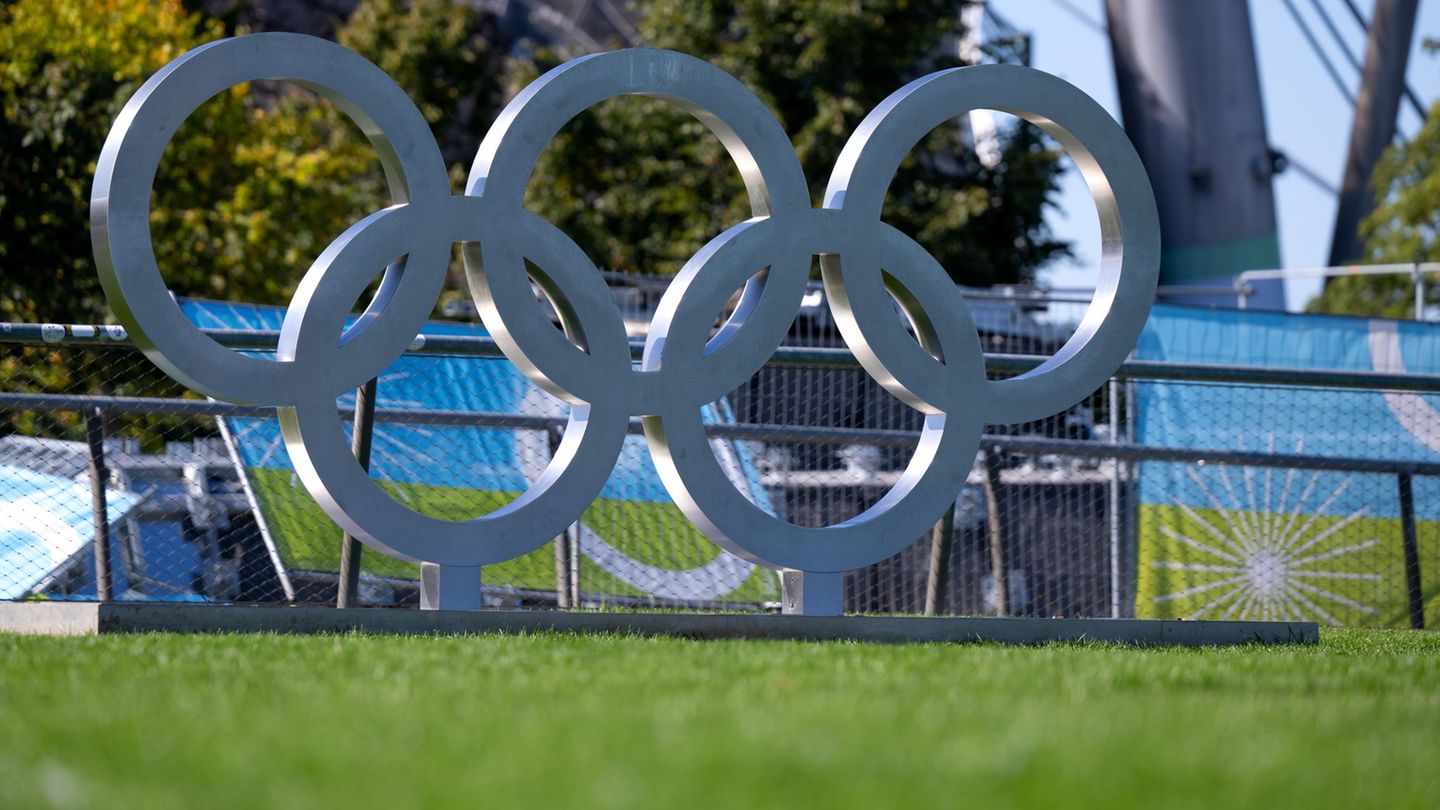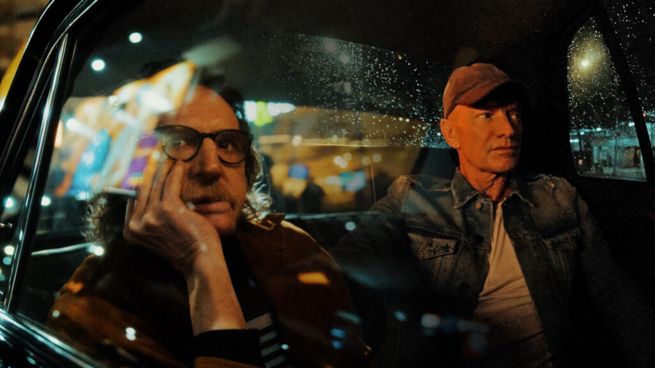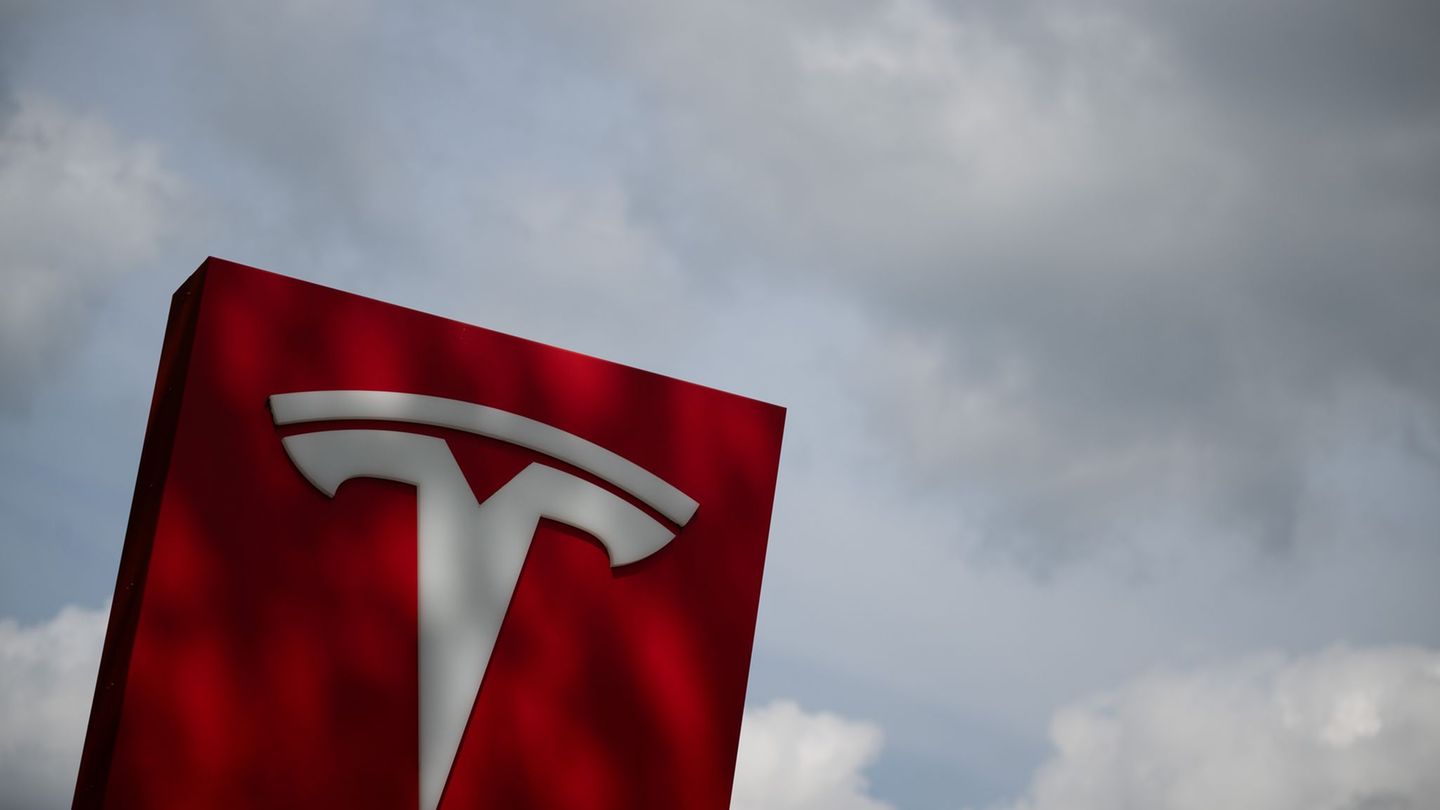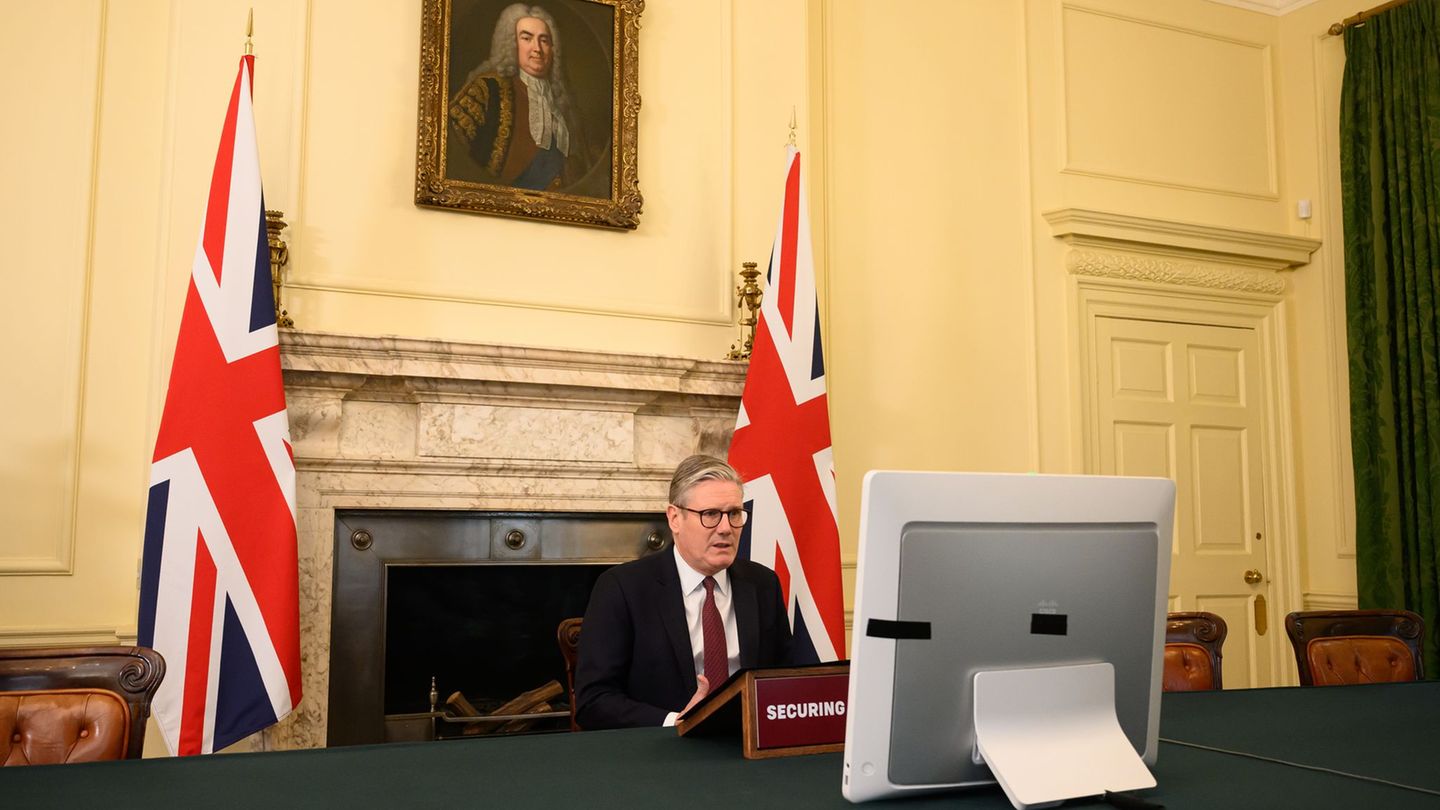I have been working in the news industry for over 6 years, first as a reporter and now as an editor. I have covered politics extensively, and my work has appeared in major newspapers and online news outlets around the world. In addition to my writing, I also contribute regularly to 24 Hours World.
Menu
Ukraine talks: sanctions and Ukraine aid: “Collective pressure” on Putin
Categories
Most Read
“Trump is interested in peace because he has business interests”
October 9, 2025
No Comments
AfD: Bundestag lifts immunity of two MPs
October 9, 2025
No Comments
Gaza: First phase of a deal has been completed – what happens next?
October 9, 2025
No Comments
“Shutdown”: Trump: Will only cut Democratic programs
October 9, 2025
No Comments
Dispute over the National Guard: US media: National Guard in action in the Chicago area
October 9, 2025
No Comments
Latest Posts

Major sporting events: Researchers: The Olympics do little for the economy
October 10, 2025
No Comments
AngelicaI am an author and journalist who has written for 24 Hours World. I specialize in covering the economy and write about topics such as

Charly García is still in the ring: he released “In The City”, his new song with Sting
October 10, 2025
No Comments
October 9, 2025 – 23:28 The former leader of Serú Girán and the former leader of The Police got together to remake the song “In

Tesla autopilot runs red lights – investigations in the USA
October 10, 2025
No Comments
Electric car manufacturer US Transportation Authority is investigating Tesla’s “Autopilot” software Listen to article Copy the current link Add to watchlist Tesla is betting on
24 Hours Worlds is a comprehensive source of instant world current affairs, offering up-to-the-minute coverage of breaking news and events from around the globe. With a team of experienced journalists and experts on hand 24/7.

